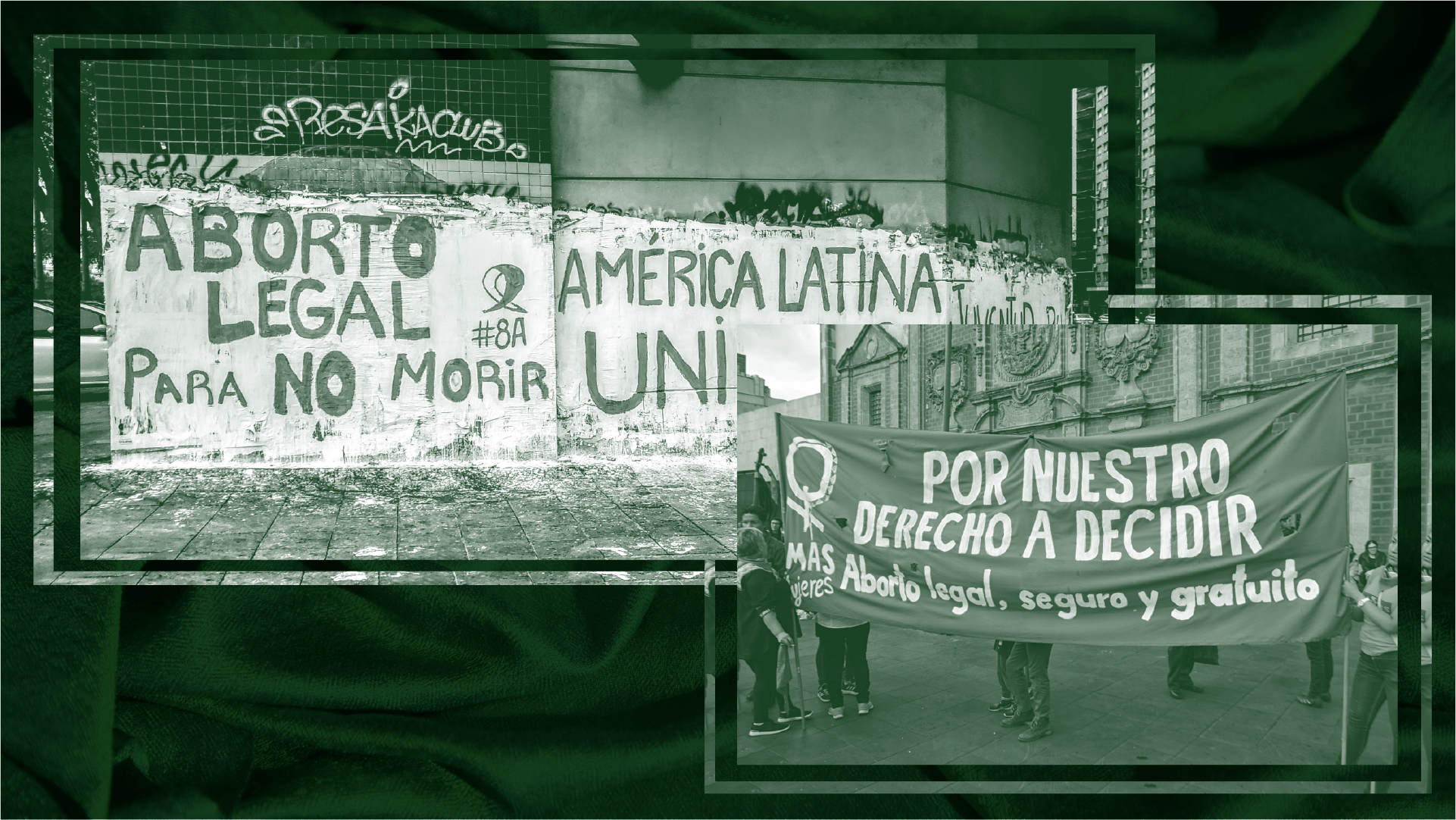
Wendy’s Exposes Itself As The Ultimate Performative Ally
The fast food chain claims to support the Black Lives Matter movement while quietly maintaining company policies that actively harm Black and Latinx workers.
When police killed Breonna Taylor in March and George Floyd in May, protests against police brutality and anti-Black racism erupted across the country. Activists once again took to social media platforms like Twitter, Instagram, Facebook, and TikTok to distribute calls to action.
With the spread of resources and information also came a slew of public statements and apologies from name-brand corporations. Wendy’s, a fast food chain with a brand built on organic ingredients and ethical animal practices, quickly took to Twitter and the company blog to voice support for racial justice.
“For all who respect life and value equality, we hope that there will soon come a calming to the unrest that so many communities are experiencing today,” wrote Wendy’s CEO Todd Penegor in the June 1 blog post. “At the same time, we understand the outrage and raise our voices to say enough is enough. We can’t achieve change on our own, but we do need to be part of the solution.”
But behind the company’s public attempts at “woke” branding are blatant actions that directly harm Black and Latinx people. Two of the most glaring examples are Wendy’s refusal to join the Fair Food Program, which protects the rights of farmworkers in corporate supply chains, and board chair Nelson Peltz’s financial support of Donald Trump.
From 2016 to 2017, Peltz individually contributed more than $85,000 to the Trump campaign and hosted a 2020 reelection fundraiser for the president with a $580,600 entry fee per couple. Wendy’s has not commented on Peltz’s campaign contributions, and did not respond to The Interlude’s multiple requests for comment. The company has said it, as a corporate entity, has never contributed to any presidential campaigns, tweeting: “We never have and will never contribute to a presidential campaign. For the record our CEO has always kept that same energy too. Facts.”
However, Wendy’s willful separation of itself from Peltz’s financial support of Trump — who has normalized racism against Black and Latinx communities — speaks loudly of Wendy’s complicity in racist behavior.
During protests and boycotts against Wendy’s, activists and farmworkers with the Coalition of Immokalee Workers (the group that developed Fair Food) have specifically targeted Peltz, who, as of 2019, is estimated to own 44.4 million shares in Wendy’s. Peltz also serves as the CEO of Trian Partners, Wendy’s largest shareholder. As a high-power executive and a significant Wendy’s shareholder, Peltz has the authority to sway the company towards Fair Food membership.
Although Fair Food’s membership includes McDonald’s, Burger King, Subway, Aramark, Walmart, Taco Bell, KFC, Whole Foods, Stop & Shop, Trader Joe’s, Chipotle, and Pizza Hut, Wendy’s has yet to join. The company publicly refused to join Fair Food in 2016, citing the program’s practice of charging buyers one cent more per pound of tomatoes in order to provide pickers with a bonus.
Even after CIW protests were held outside of his Trian office in New York in 2018, Wendy’s has not made any changes. The company has also been pressured by concerned shareholders to share more specific information about its methods to assess human rights risks in the supply chain, arguing that the company’s quality assurance checks don’t address workers’ rights, even claiming that the checks are pre-announced and supervisors may even be coached through questioning of worker treatment. Wendy’s declined to provide any further information other than the company Code of Conduct.
In 2019, the issue of Wendy’s unwillingness to join Fair Food came up again when the company claimed that a recent switch to hydroponic, greenhouse-grown tomatoes would provide adequate social benefits to farmworkers. CIW activists argue that greenhouses are plagued with the same workers’ rights issues as farms, claiming that Wendy’s only made the change to enhance their public image as a brand that uses organic, sustainable produce.
“What good is eating an organic tomato when it’s tainted with human rights abuse?” said CIW activist Lupe Gonzalo in an interview with The Interlude. “For years, Wendy’s has tried to hide the truth behind their trendy brand. For a company like Wendy’s to put the safety of their women workers on the sideline is really unacceptable.”
After more than 12 years as a farmworker, Gonzalo knows all too well the grim reality of rampant abuse in the produce fields. Immigration status, language barriers, and fear of retaliation keep many women from reporting sexual harassment or assault, especially women of color. A 2010 study by in the Violence Against Women journal found that 80 percent of the 150 migrant workers interviewed in California had experienced sexual harassment on the job.
Wendy’s Code of Conduct doesn’t have any specific language pertaining to the prevention or reporting of workplace sexual abuse, only stating that suppliers are “expected” to comply with the Fair Labor Standards Act. Other than that, the code mostly asks suppliers to “do the right thing” and “treat people with respect.” In an outline of the company’s supply chain practices, Wendy’s even labels itself as a leading example of ethical practices in the industry.
“Wendy’s lovely, glossy consumer responsibility report not withstanding, they’re still not ready to truly guarantee the human rights of farm workers in their supply chain in a way that is transparent [and] verifiable,” said Noelle Damico, a former press coordinator with CIW who also served on the board of directors for the Fair Food Standards Council. “What we’re looking for Wendy’s to do is to match those nice words about social responsibility with the gold standard of actually realizing social responsibility, which is the Fair Food Program.”
The Fair Food Program is a specific set of workers’ rights standards that member corporations and their suppliers must uphold, with immediate consequences for buyers or growers who don’t comply. When corporations join the Fair Food Program, a contractual agreement is made to suspend all purchases from growers who fail to comply with the program’s detailed Code of Conduct. Offending growers who fail to provide documented evidence of reform will be removed from Fair Food entirely. The Fair Food Standards Council conducts regular audits of member growers and offers worker-to-worker Know Your Rights workshops.
Although Fair Food is willing to certify Wendy’s current suppliers, the fast food company still declines membership. Instead of allowing farm inspections from the Fair Food Standards Council, Wendy’s relies on third-party auditors. Among these auditors is SA8000, the controversial firm that certified Bioparques de Occidente, an infamous tomato farm in Mexico with known forced labor practices, involvement in human trafficking, and severely unsafe working conditions. The firm also inspected and certified Ali Enterprises in Pakistan, a factory where almost 300 workers were killed in a 2012 fire, trapped because of the building’s barred windows and lack of functioning fire doors. The auditing practices that Wendy’s relies on again came into question in May when a coronavirus outbreak at Green Empire Farms infected 171 migrant workers and caused the biggest spike in upstate New York cases at the time. Mastronardi Produce, the owner of Green Empire, is one of Wendy’s suppliers, according to The Nation. In a September interview with Bowe, Wendy’s spokesperson Heidi Schauer would not answer questions about when Mastronardi was last inspected for safety or audited for workers’ rights abuses.
When Wendy’s clings to private inaction against the unethical treatment of migrant workers within the company’s supply chain, but utilizes social media to publicly brand itself as an ethical corporation, Wendy’s adds itself to the list of the countless brands participating in performative allyship. But as Wendy’s fails to protect the Black and Latinx farmworkers in its supply chain, Wendy’s further attempts at progressive branding have only exposed the company as the most performative ally of them all.


